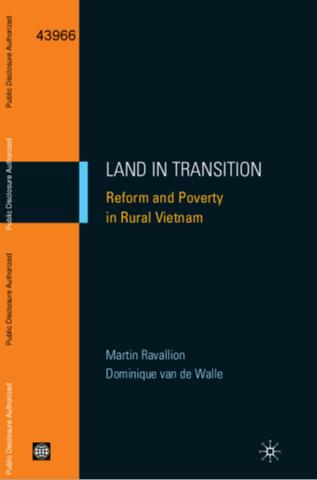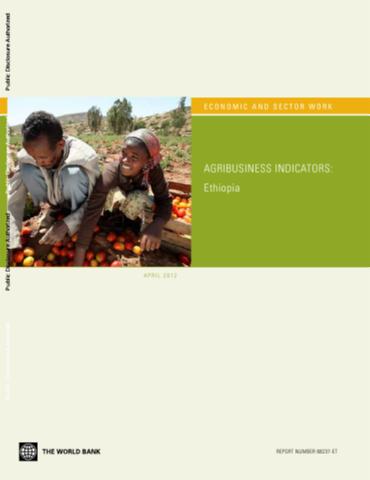Economics of Irrigation Water Management : A Literature Survey with Focus on Partial and General Equilibrium Models
Water policy is an important topic on
the agenda of the international community, and efficiency
and equity in the allocation of water have emerged as
important factors to be considered. Water pricing can be
used to mitigate both the quantity and quality dimensions of
water scarcity. This paper reviews partial equilibrium
models and general equilibrium models that are relevant to
irrigation water management issues. The most widely





